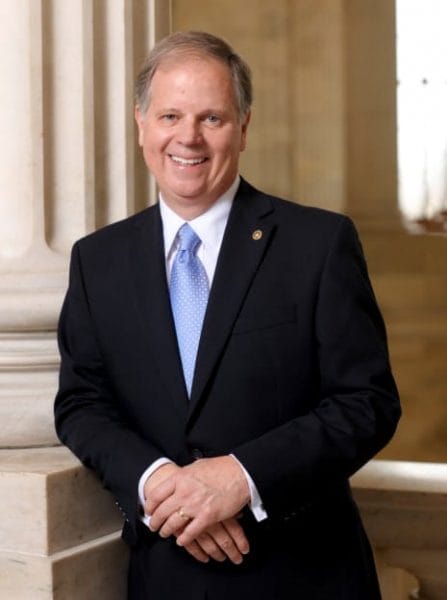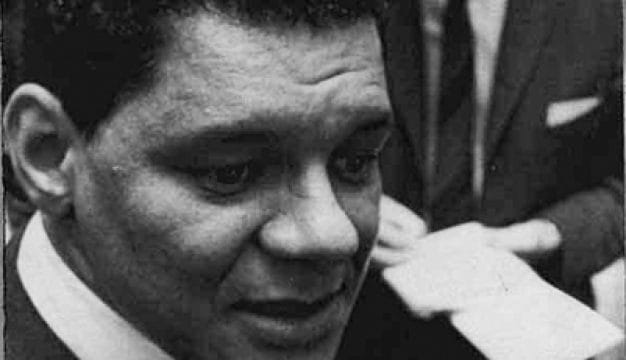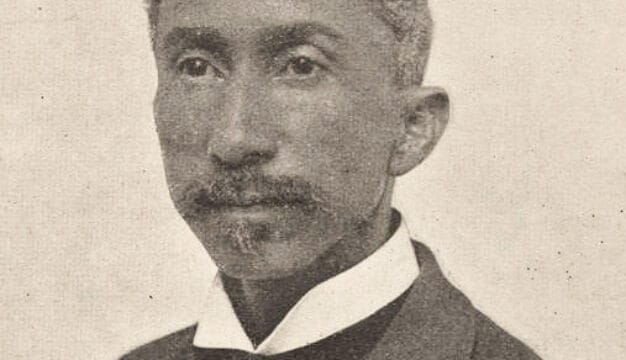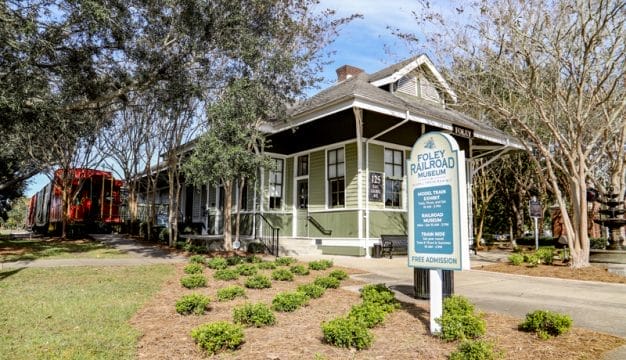Doug Jones
 Doug Jones
Gordon Douglas “Doug” Jones startled the political world in November 2017 when the lifelong Democrat won a special election for a U.S. Senate seat in the heavily Republican state of Alabama, becoming the first member of his party to represent the state in the Senate since Howell Heflin retired in 1997. At that time all statewide offices were occupied by Republicans. He was unsuccessful, however, in is 2020 reelection bid.
Doug Jones
Gordon Douglas “Doug” Jones startled the political world in November 2017 when the lifelong Democrat won a special election for a U.S. Senate seat in the heavily Republican state of Alabama, becoming the first member of his party to represent the state in the Senate since Howell Heflin retired in 1997. At that time all statewide offices were occupied by Republicans. He was unsuccessful, however, in is 2020 reelection bid.
Jones was born on May 4, 1954, in Fairfield, Jefferson County, to Gordon and Gloria Wesson Jones. His father was a steelworker in the working-class community and his mother was a homemaker. Jones had one sibling, a sister. He received his early education in Fairfield public schools, graduating from Fairfield High in 1972. He then enrolled in the University of Alabama and earned a bachelor of arts degree in political science in 1976.
In the fall of 1976, Jones enrolled in Cumberland School of Law at Samford University in Birmingham, Jefferson County, and earned his law degree in 1979. After graduation, he took employment with Sen. Howell Heflin, who gave the new young lawyer a position as his aide on the Senate Judiciary Committee. Jones next worked as an assistant U.S. attorney for the Northern District of Alabama, serving from 1980 to 1984, and then was in private practice until 1997, at times practicing singly and at others with legal colleagues in Birmingham. It was during this time that he met and subsequently married Louise New of Cullman, Cullman County, who was employed as a paralegal. The couple would have three children.
 Doug Jones in Court
In 1997, Jones was appointed as the U.S. Attorney for the Northern District of Alabama by fellow Democrat Pres. Bill Clinton, succeeding Alabamian and former congressman Claude Harris Jr.. It was in this position that Jones first distinguished himself the following year, when Eric Rudolph bombed a Birmingham abortion clinic, killing one person and seriously injuring another. When Rudolph was finally captured after eluding law enforcement officers for five years, Jones was named head of the joint federal-state task force that prosecuted Rudolph for the Birmingham crime, as well as the bombings in Atlanta during the 1996 Summer Olympics, and two others. In a plea agreement related to his multiple offenses, Rudolph was sentenced to four life terms with no possibility of parole.
Doug Jones in Court
In 1997, Jones was appointed as the U.S. Attorney for the Northern District of Alabama by fellow Democrat Pres. Bill Clinton, succeeding Alabamian and former congressman Claude Harris Jr.. It was in this position that Jones first distinguished himself the following year, when Eric Rudolph bombed a Birmingham abortion clinic, killing one person and seriously injuring another. When Rudolph was finally captured after eluding law enforcement officers for five years, Jones was named head of the joint federal-state task force that prosecuted Rudolph for the Birmingham crime, as well as the bombings in Atlanta during the 1996 Summer Olympics, and two others. In a plea agreement related to his multiple offenses, Rudolph was sentenced to four life terms with no possibility of parole.
Jones also was determined that some semblance of justice be meted out to the perpetrators of a horrific crime: the 1963 bombing of the Sixteenth Street Baptist Church in Birmingham, which took the lives of four young African American girls. This case had been revived before Jones became the U.S. Attorney, but he gave inspired leadership to its vigorous prosecution. In 2000, Jones was authorized to go into an Alabama circuit court and indict Thomas Blanton and Bobby Cherry for their roles in this infamous crime. Both were ultimately convicted of first-degree murder and sentenced to life terms in prison. Jones successfully argued against parole for Blanton in 2016. Cherry, however, had died in prison a dozen years earlier.
With the change in Washington from a Democratic to a Republican administration in 2001, Jones returned to private practice. In 2004, he was designated as a general special master in litigation in which the Monsanto Company (now known as Solutia) was prosecuted for polluting the water and soil of an Anniston, Calhoun County, neighborhood with toxic polychlorinated biphenyls (PCBs). (In 1971, the federal government had banned PCBs because of their potential carcinogenic effects. Annistonians living closest to the deposited PCBs filed suit against Monsanto, claiming the company knew of but ignored their danger.) Ultimately, the company was required to pay hundreds of millions of dollars to residents most adversely affected by the PCBs. Jones took the lead effort in making the complex decisions involved in deciding the case.
In 2013, Jones was one of the partners who established the law firm of Jones, Bryan & Selden Jones, continuing his successful legal career. Jones had not contemplated a career in elective public office, but political developments in Alabama after the election of Pres. Donald Trump prompted him to change his mind. When President-elect Trump began making his cabinet appointments, he nominated Alabama senator Jeff Sessions, who had been the first U.S. senator to endorse Trump’s presidential candidacy, as U.S. Attorney General. Sessions’ accession to federal office created a rare vacancy in Alabama’s Senate delegation. Gov. Robert Bentley named the incumbent state attorney general, Luther Strange, to fill the vacancy until a special election could be held.
Jones announced his candidacy for Sessions’ seat on May 11, 2017. Considered a moderate Democrat, Jones ran on improving health care, growing the economy through better education and providing a living wage, protecting the environment, reforming the criminal justice system and sentencing to reduce prison overpopulation, and protecting civil rights. He has also voiced concern about gun violence and has been pushing for stricter background checks and waiting periods while opposing arming school teachers. Because no Democrat had been elected to an office voted on statewide since 2008, it was expected that whoever prevailed in the Republican primary would go on to win the special election. The main contenders were interim Senator Strange and deposed Alabama chief justice Roy Moore, who ultimately defeated Strange and seemed to be Sessions’ successor.
 Doug Jones Campaigning
During the general election campaign between Jones (who had easily won the Democratic nomination) and Moore, however, allegations emerged that many years earlier, while an assistant district attorney in his native Gadsden, Etowah County, Moore had behaved improperly toward underage teen girls. Moore emphatically denied the accuracy of the claims made against him, but they hurt his race and he was unable to wage a normal campaign. On Election Day, December 12, 2017, Jones defeated Moore with 49.9 percent of the vote to Moore’s 48.4 percent. An unusually large number of voters (more than 22,000) cast write-in votes, including Sen. Richard Shelby, who declared he would not support Moore. Many political observers noted that high turnout among African Americans and younger voters was helpful to Jones as well.
Doug Jones Campaigning
During the general election campaign between Jones (who had easily won the Democratic nomination) and Moore, however, allegations emerged that many years earlier, while an assistant district attorney in his native Gadsden, Etowah County, Moore had behaved improperly toward underage teen girls. Moore emphatically denied the accuracy of the claims made against him, but they hurt his race and he was unable to wage a normal campaign. On Election Day, December 12, 2017, Jones defeated Moore with 49.9 percent of the vote to Moore’s 48.4 percent. An unusually large number of voters (more than 22,000) cast write-in votes, including Sen. Richard Shelby, who declared he would not support Moore. Many political observers noted that high turnout among African Americans and younger voters was helpful to Jones as well.
Jones served from January 3, 2018, until January 3, 2021. While in office, he focused on issues that most concerned his constituents, especially increasing jobs and improving healthcare. As he promised to do while campaigning, he “reached across the aisle” to work with Republicans. He had, for example, opposed tariffs that could hurt auto industries, especially in Alabama and Tennessee. Jones voted for approximately 80 percent of the president’s lower-court judicial vacancies requiring senatorial confirmation, including all Alabama nominations.
Jones was unseated by a political novice, former Auburn University football coach Tommy Tuberville, in 2020 by about a 2-1 margin. Tuberville, who closely allied himself with Pres. Trump, defeated former U.S. Attorney General Jeff Sessions in a runoff for his old Senate seat. The two emerged from a Republican primary that included Alabama representative Bradley Byrne and former Alabama Supreme Court chief justice Roy Moore. During his tenure in the Senate, Jones served on the Committee on Banking, Housing, and Urban Affairs, the Committee on Health, Education, Labor, and Pensions, the Committee on Homeland Security and Governmental Affairs, and the Special Committee on Aging.
Prior to his Senate election, Jones served on the boards of several nonprofit, community-service organizations, including the Birmingham Civil Rights Institute. Following his Senate career, Jones joined several public policy organizations in Washington, D.C., and has provided political and legal commentary on television news outlets. In February 2022, he was named Nomination Advisor for Legislative Affairs to help shepherd Pres. Joseph R. Biden’s Supreme Court nominee Ketanji Brown Jackson through the Senate confirmation process. She was confirmed as the first African American female to the high court that April. To many observers and voters, Jones is striving for racial reconciliation and bipartisanship, thus representing the antithesis of the stereotypical southern Democratic senator so prevalent in the past.



